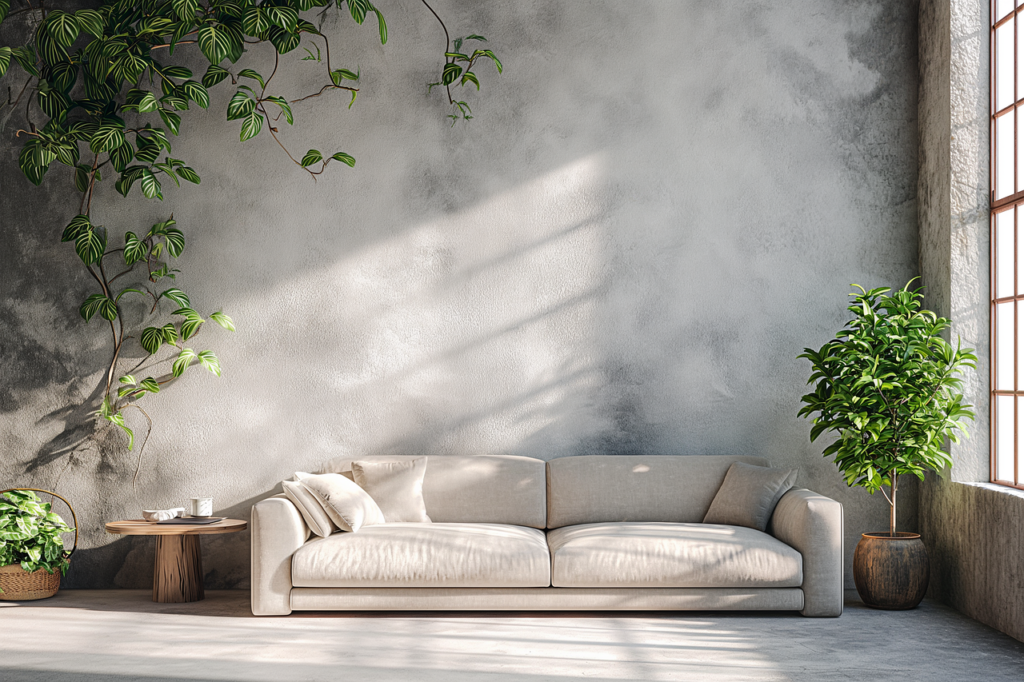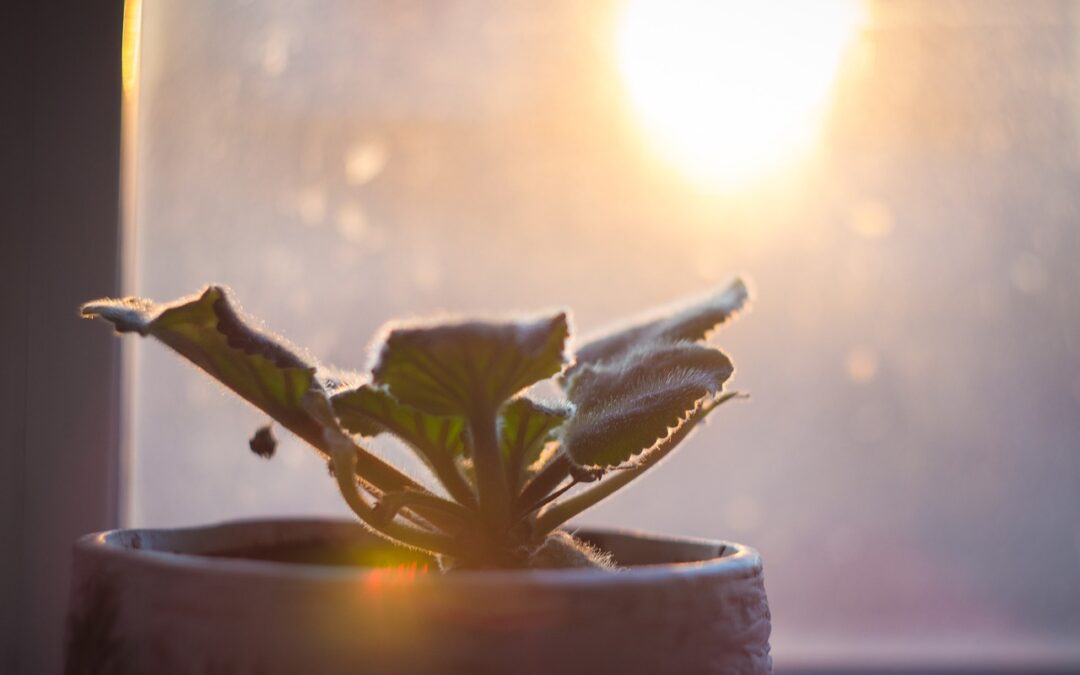Feng Shui is an ancient Chinese philosophy that focuses on creating harmony and balance in our surroundings to promote positive energy flow, known as Qi. Plants play a significant role in Feng Shui, as they help purify the air, bring life and vibrancy to a space, and symbolize growth and vitality. Here are the key aspects of using plants in Feng Shui.
What Does Feng Shui Say About Plants
In Feng Shui, plants are considered a natural element that can bring life, color, and freshness to a space. They represent growth, renewal, and prosperity. Plants are known to improve air quality and increase the flow of positive energy, making them essential for creating a harmonious living environment. However, it’s important to maintain the health of the plants, as dying or neglected plants can disrupt the energy flow.

Where Are the Best Places to Put Plants in a House Using Feng Shui
In advanced practice of Feng Shui , living plants are represented by the Wood element, so the placement of plants are all determined by the Feng Shui Master. For he can determine whether the room needs the plants to enhance or suppress the influences. The placement of plants is crucial in Feng Shui to optimize the flow of chi Qi where in the plant is used as a buffer against negative energies. Here are some ideal spots to place plants:
- Entryway: Placing plants near the front door can help welcome positive energy into your home. If recommended by the Feng Shui Master , place plants away from the passage for it may block the entrance of good Qi.
- Living Room: If recommended Plants in the living room can enhance the social energy and create a relaxing atmosphere for family and guests. Make sure not to block the passage to the living area with plants, the invitation to sit in your living room is diminished.
- Workspaces: Adding plants to your home office or workspace can improve focus and productivity. But make sure you have a good Practicing Feng Shui Master to determine its placement. For if you do not place it as advised it will only cause you to be out of focus and less productive.
- Bedrooms: Again, make sure the Feng Shui master advices the placement of plants in the bedroom. Plants can be placed in the bedroom, but not directly near the bed, as they may interfere with sleep.
- Bathrooms: With the advice of a Feng Shui Master, plants in the bathroom can help counteract stagnant energy and purify the space.
Are Artificial Plants Ok in Feng Shui
While living plants are generally preferred in Feng Shui for their natural energy, artificial artificial plants can be used in certain situations. They can be useful when used as a buffer against opposing Qi which causes negative energies to occur . Avoid using faded or dusty arficial plants for it may cause another unwanted energies.
There are no strict rules about which plants to use in your space. The key is to choose plants that make you happy. Some people have beliefs about certain plants, such as white kalachuchi being associated with death or vines causing financial loss, while others believe specific plants can bring illness. These ideas often claim to be based on Feng Shui principles, but they often stem from unverified advice found online, where someone claims one plant is beneficial for studying and another isn’t suitable for the main door.
Incorporating plants into your home using Feng Shui principles can enhance the flow of positive energy, promote well-being, and create a serene, welcoming atmosphere. Just be sure to care for your plants, whether real or artificial, to ensure they contribute positively to your living space.

